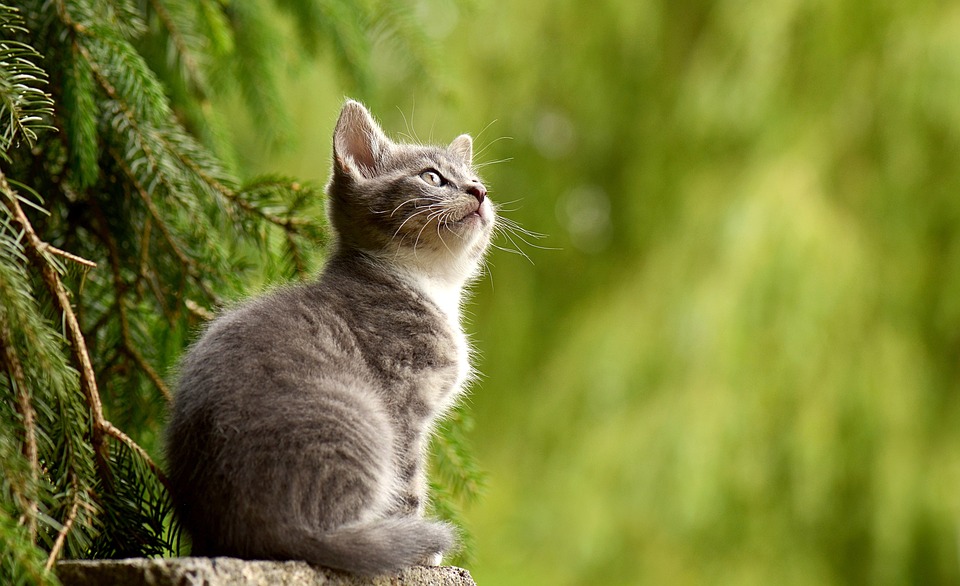Ultimate Guide for Caring for Your Cat’s Coat: Essential Tips for a Healthy Feline Friend

As cat owners, we all want to ensure that our feline friends stay healthy and happy. One way to do this is by taking care of their coat. A cat’s coat is not just for looks, but it also serves as a protective barrier for their skin and body. A healthy coat is a sign of good health, and with proper care, your cat’s coat will be soft, shiny, and healthy. In this ultimate guide, we will cover essential tips for caring for your cat’s coat, including grooming, diet, and health issues to watch out for.
Grooming
Grooming is essential for maintaining your cat’s coat. It prevents matting, removes dead hair and skin, and helps distribute natural oils throughout the coat. Here are some grooming tips you should keep in mind:
- Brush your cat regularly: Most cats enjoy being brushed as it simulates grooming by their mother. Brushing also prevents matting and helps distribute natural oils. The frequency of brushing depends on the type of coat. Long-haired cats require daily brushing, while short-haired cats need to be brushed twice a week. Use a wire-pin brush for long-haired cats and a rubber brush for short-haired cats.
- Bathe your cat occasionally: Most cats are self-cleaning and do not require regular baths. However, if your cat gets into something sticky or smelly, you may need to give them a bath. Use a shampoo designed for cats as human shampoos can be too harsh. Also, be sure to rinse thoroughly to prevent skin irritation.
- Trim your cat’s nails: Regular nail trimming prevents your cat from scratching your furniture, carpet, or skin. Use sharp nail clippers designed for cats and trim the tips of the nails. Be careful not to cut the quick, which is the blood vessel inside the nail.
- Clean your cat’s ears: Cats are prone to ear infections, so it’s essential to clean their ears regularly. Use a cotton ball or pad moistened with a veterinarian-approved ear cleaner and gently clean the inside of the earflap and the ear canal. Do not insert anything into the ear canal or use cotton swabs, as it can cause injury and push dirt and debris deeper into the canal.
- Check your cat’s eyes: Cats are susceptible to eye infections, glaucoma, and corneal ulcers, so it’s important to check their eyes for any signs of redness, discharge, or cloudiness. Use a damp cotton ball or pad to gently wipe away any discharge. If you notice any unusual symptoms, consult your veterinarian.
Diet
Your cat’s diet plays a crucial role in the health of their coat. A balanced diet provides the essential nutrients, vitamins, and minerals needed for healthy skin and coat. Here are some dietary tips you should consider:
- Choose high-quality cat food: Look for cat food that contains high-quality protein, essential fatty acids, vitamins, and minerals. Avoid cat food with fillers, by-products, and artificial preservatives as they do not provide the necessary nutrients for optimal health.
- Offer variety: Feeding your cat a variety of food provides a range of nutrients and prevents boredom. You can offer wet and dry food, homemade meals, and treats in moderation.
- Provide fresh water: Ensure that your cat always has access to fresh, clean water. Dehydration can affect their skin and coat, making it dull and dry.
- Add supplements if needed: Some cats may require supplements to maintain a healthy coat. Omega-3 and Omega-6 fatty acids, biotin, and vitamin E are supplements that can promote healthy skin and coat.
Health Issues
Caring for your cat’s coat can also help reveal potential health issues. Here are some common coat-related health issues to watch out for:
- Parasites: Fleas, ticks, and mites can cause itching, hair loss, and skin infections. Check your cat’s coat regularly for signs of parasites, such as flea dirt (black specks that resemble ground pepper) and tiny red bumps. Use a veterinarian-approved flea and tick medication and follow the instructions carefully.
- Food allergies: Some cats are allergic to certain ingredients in their food, such as grains, soy, and dairy. Food allergies can cause itching, hair loss, and skin infections. If you notice any unusual symptoms, such as vomiting, diarrhea, or excessive scratching, consult your veterinarian.
- Hormonal imbalances: Hormonal imbalances, such as hypothyroidism and Cushing’s disease, can affect your cat’s skin and coat. Symptoms include hair loss, thinning, and dryness. Consult your veterinarian for a proper diagnosis and treatment.
- Stress: Stress can affect your cat’s coat, making it dull and oily. Stressors can include changes in their environment, new pets, separation anxiety, or boredom. Provide a safe and comfortable environment for your cat and offer plenty of stimulation, such as toys and playtime.
In Conclusion
Caring for your cat’s coat is essential for their overall health and wellbeing. Regular grooming, a balanced diet, and monitoring for potential health issues can ensure that your feline friend stays healthy, happy, and comfortable. A soft, shiny, and healthy coat is not just for looks, but a sign of good health and a happy cat.


